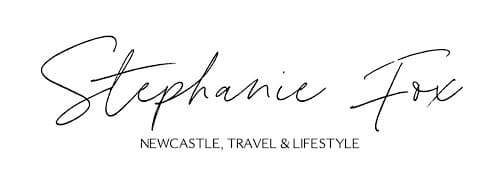
Going Freelance? Here’s What You Need to Know about Taxing
Considering going freelance? More and more people make the switch from employment to self-employed each year, which is easy to see why, as freelance work can provide a level of freedom and flexibility that is hard to match. There are drawbacks and key considerations, though, with one of the main considerations being tax. When you become self-employed, you will be responsible for paying your own tax, which can be confusing when you first get started.
Disclaimer: This post is a collaboration
Self-Employed Accounting Steps
If you become self-employed, you will need to maintain accurate and up-to-date books at all times. This can be simple for basic operations but tricky for businesses with various expenses. A few key steps to take include:
– Registering as self-employed
– Choosing between cash basis and traditional accounting
– Setting up a business bank account
– Record income and expenses
– Register for VAT (if you will make over £90,000)
– Submit a tax return before January 31st each year
Of course, this can be complicated and a lot of work in itself. There is accounting software you can use that can simplify the process, or you could outsource it to an accountant so that you can focus on core activities.
The Accounts You Need
You will need to keep accurate and up-to-date records, including income and expenses. As mentioned, this can vary widely depending on the type of business you run and will be simple for some and complex for others. The main records to keep include:
– All sales and income
– All expenses incurred
– VAT records (if eligible)
– PAYE (if you have employees)
– Records of personal income
– Any business grants
If You Go the Digital Nomad Path
In recent times, many individuals have embraced freelance work as a means tobecome digital nomads, earning money while they travel. This lifestyle offers numerous benefits and can be an exciting way to live. However, it’s important to note that there are complexities when it comes to taxes and laws that have not yet fully adapted to this modern way of living.
You will want to make sure that you are tax-compliant to avoid legal issues, but you will also want to avoid double taxation if possible. As a grey area and dependant on where you work from, it is always smart to consult with an international taxation specialist who will be able to advise based on your individual situation.
There are many benefits to freelance work, and it is easy to see why it is on the rise. Taxation is one of the more complex areas and key considerations, though, especially if you want to pursue the digital nomad route. Hopefully, the information in this post will be useful and help you gain a stronger understanding of your tax obligations as a self-employed worker.
